Do Palestinians have the legal right to resist the Israeli blockade and occupation? [The analysis and data in this article refer to the period prior to the Israeli ground invasion.]
On July 7, Israel unleashed Operation Protective Edge against Gaza. When it launched a ground invasion on July 18, Israel had already killed 230 Gazan Palestinians — of whom 75% (171) were civilians and 20% (48) children — wounded more than 1,700, and destroyed or rendered uninhabitable hundreds of homes leaving more than 10,000 Gazans without shelter. On the other side, according to daily updates, Palestinian projectiles had killed one Israeli civilian, wounded 18, and damaged three Israeli homes. It is hard to conceive of a more disproportionate balance sheet in an alleged “war.”
Nonetheless, Human Rights Watch (HRW), in its legal reckoning, did not so much even out, as reverse, the balance sheet. It never explicitly accused Israel of committing war crimes, whereas its first press release already accused Hamas of committing them. If in fact HRW accurately interpreted the laws of war, the only rational conclusion would be that these laws are morally bankrupt and deserving of contempt: they would not be distilling but instead grossly distorting the moral realities of war, as they exonerate the major perpetrators of war crimes. But did HRW accurately interpret the laws of war, or did this influential human rights organization give Israel a green light to commit war crimes on a yet more massive scale during the ground invasion? Let us look at the record.
Israel
In its first press release on July 9, HRW stated: “Israeli attacks targeting homes may amount to prohibited collective punishment.” In its second press release on July 16, HRW stated: “Israeli air attacks in Gaza … have been targeting apparent civilian structures and killing civilians in violation of the laws of war. Israel should end unlawful attacks that do not target military objectives and may be intended as collective punishment or broadly to destroy civilian property.” It then proceeded to legally define the meaning of war crimes, but artfully avoided accusing Israel of committing them.
In these statements HRW doubly distanced itself from alleging Israeli war crimes. First, it qualified the weight of the incriminating evidence — “appear,” “may,” “apparent,” “may be.” Second, it recoiled from explicitly charging Israel with war crimes and instead settled for lesser or vaguer charges — “collective punishment,” “violation of the laws of war,” “unlawful attacks.” The cautiousness perplexes in light of the evidence assembled by HRW itself.
Israel consequently has no legal right to use force to suppress the Palestinian self-determination struggle. Israel also cannot contend that, because this self-determination struggle unfolds within the framework of an occupation, it has the legal right, as the occupying power, to enforce the occupation so long as it endures.
In conformity with tenets of international law, HRW stated that “indiscriminate or targeted,” “deliberate or reckless,” attacks directed at civilians or civilian structures constituted “war crimes.” If Israel had a declared policy of targeting civilian homes and 75% of casualties were civilians, Israel prima facie committed war crimes. Why did HRW not reach this conclusion?
Although acknowledging that Israel targeted homes of Hamas militants “that do not serve an immediate military purpose,” HRW denounced these targeted attacks on civilian structures as mere “collective punishment.” Contrastingly, in an July 11 press release, Amnesty International forthrightly and unequivocally stated that Israel’s targeting of Hamas militants’ homes not making an “effective contribution to military action … constitutes a war crime and also amounts to collective punishment against the families.”
HRW investigated four Israeli strikes in Gaza that resulted in civilian casualties. It consistently found “no evidence,” and “the Israeli military has presented no evidence,” that Israel was “attacking lawful military objectives or acted to minimize civilian casualties.” HRW also observed that “Israel has wrongly claimed as a matter of policy that civilian members of Hamas or other political groups who do not have a military role are ‘terrorists’ and therefore valid military targets” (emphasis added). “Israel’s rhetoric is all about precision attacks,” HRW’s Middle East director stated in the second press release, “but attacks with no military target and many civilian deaths can hardly be considered precise.” If, however, Israel’s “precision attacks” killed civilians in the absence of any military objective, did these not precisely constitute war crimes?
“Israel launched 1,800 air raids in one of the most densely populated areas of Gaza,” Raji Sourani, the respected human rights lawyer and founder of the Palestinian Center for Human Rights, observed. “It’s a shame that Israel and the international community allow this to happen. These are war crimes, just as simple as that.” It really is that simple, and it is worse than a shame that HRW, by its muted legal findings, enables this to happen.
Palestinian Armed Groups
“Palestinian rocket attacks on Israel appear to be indiscriminate or targeted at civilian population centers,” HRW’s first press release stated, “which are war crimes.” On this point, Amnesty concurred. But are projectile attacks by Hamas (used here as short-hand for all Palestinian armed groups) war crimes or even illegal? In fact, the law is more ambiguous than often allowed.
International law prohibits an occupying power from using force to suppress a struggle for self-determination, whereas it does not prohibit a people struggling for self-determination from using force. The International Court of Justice (ICJ) stated in its 2004 advisory opinion that the Palestinian people’s “rights include the right to self-determination,” and that “Israel is bound to comply with its obligation to respect the right of the Palestinian people to self-determination.” Israel consequently has no legal right to use force to suppress the Palestinian self-determination struggle. Israel also cannot contend that, because this self-determination struggle unfolds within the framework of an occupation, it has the legal right, as the occupying power, to enforce the occupation so long as it endures. In 1971, the ICJ ruled that South Africa’s occupation of Namibia had become illegal because it refused to carry out good-faith negotiations to end the occupation. It is beyond dispute that Israel has failed to carry out good-faith negotiations to end the occupation of Palestinian territory. On the Namibia precedent, the Israeli occupation is also illegal. The only “right” Israel can claim is — in the words of the United States at the time of the Namibia debate — “to withdraw its administration … immediately and thus put an end to its occupation.”
The ultimate question is: Do Palestinians have the right to symbolically resist slow death punctuated by periodic massacres, or must they lie down and die?
Although claiming for itself the right of self-defense against Hamas projectiles, in fact, Israel is claiming the right to maintain the occupation. If Israel ceased using force to suppress the Palestinian struggle for self-determination, the occupation would end and the projectile attacks would cease — if they did not stop, the legal situation would, of course, be different. If it ended the occupation, Israel would not need to use force. The refrain that Israel has the right to self-defense is a red herring: the real question is: Does Israel have the right to use force to maintain an illegal occupation? The answer is no.
It might be said that, even if Israel cannot use force to suppress the Palestinian struggle for self-determination, Hamas’ use of indiscriminate projectiles and its targeting of Israeli civilians still constitute war crimes. Here, it is useful to first recall another instance of HRW’s egregious double-standard. In 2008, HRW issued a report entitled Flooding South Lebanon: Israel’s Use of Cluster Munitions in Lebanon in July and August 2006. The report found that Israel dropped as many as 4.6 million cluster munitions on South Lebanon during the 2006 war. It was, in HRW’s words, “The most extensive use of cluster munitions anywhere in the world since the 1991 Gulf war,” while relative to the size of the targeted area the density of the attack was historically unprecedented. Some 90% of these cluster munitions were dropped during the final three days, “when Israel knew a settlement was imminent” (HRW) — the UN ceasefire resolution having already been passed but not yet gone into effect.
But, although finding that Tel Aviv committed “extensive violations” of the laws of war, HRW did not go beyond stating that Israel’s massive resort to cluster munitions was “in some locations possibly a war crime.” Yet the evidence HRW itself assembled showed that cluster munitions are indiscriminate weapons; the cluster munitions carriers used by Israel were, on HRW’s own terms, indiscriminate; and the cluster munitions were fired indiscriminately and deliberately targeted civilian population centers.
It is not altogether clear what constitutes an indiscriminate weapon. The apparent standard is a relative one set by the available technology. If an existing weapon has a high probability of hitting its target, then any weapons with a significantly lower probability are classified as indiscriminate. But, by this standard, only rich countries, or countries rich enough to purchase high-tech weapons, have a right to defend themselves against high-tech aerial assaults. It is a curious law that would negate the raison d’être of law: the substitution of might by right.
Belligerent Reprisals
HRW has argued that, even if its civilians are being relentlessly targeted, a people do not have a legal right to carry out “belligerent reprisals” — that is, to deliberately target the civilians of the opposing state until it desists. “Regardless of who started this latest round, attacks targeting civilians violate basic humanitarian norms,” HRW’s Deputy Middle East and North Africa Director Joe Stork stated in the first press release. “All attacks, including reprisal attacks, that target or indiscriminately harm civilians are prohibited under the laws of war, period.”
This is not so. International law does not — at any rate, not yet — prohibit belligerent reprisals. The United States and Britain, among others, have staunchly defended the right of a state to use nuclear weapons by way of belligerent reprisal. By this standard, the people of Gaza surely have the right to use makeshift projectiles to end an illegal, merciless seven-year-long Israeli blockade, or to end Israel’s criminal bombardment of Gaza’s civilian population.
Indeed, in its landmark 1996 advisory opinion on the legality of nuclear weapons, the ICJ ruled that international law is not settled on the right of a state to use nuclear weapons when its “survival” is at stake. But, if a state might have the right to use nuclear weapons when its survival is at stake, then surely people struggling for self-determination have the right to use makeshift projectiles, when they have been subjected to slow death by a protracted blockade, and recurrent massacres by a state determined to maintain its occupation.
One might legitimately question the political prudence of Hamas’ strategy. But the law is not unambiguously against it, while the scales of morality weigh in its favor. Israel has imposed a brutal blockade on Gaza. Ninety-five percent of water in Gaza is unfit for human consumption. By all accounts, the Palestinian people now stand behind those engaging in belligerent reprisals against Israel. In the Gaza Strip, they prefer to die resisting than to continue living under an inhuman blockade. Their resistance is mostly notional, as makeshift projectiles cause little damage. So, the ultimate question is: Do Palestinians have the right to symbolically resist slow death punctuated by periodic massacres, or must they lie down and die?
*[This article was originally published by Jadaliyya.]
The views expressed in this article are the author’s own and do not necessarily reflect Fair Observer’s editorial policy.
1 comment
Leave a comment
You must be logged in to post a comment.
Support Fair Observer
We rely on your support for our independence, diversity and quality.
For more than 10 years, Fair Observer has been free, fair and independent. No billionaire owns us, no advertisers control us. We are a reader-supported nonprofit. Unlike many other publications, we keep our content free for readers regardless of where they live or whether they can afford to pay. We have no paywalls and no ads.
In the post-truth era of fake news, echo chambers and filter bubbles, we publish a plurality of perspectives from around the world. Anyone can publish with us, but everyone goes through a rigorous editorial process. So, you get fact-checked, well-reasoned content instead of noise.
We publish 2,500+ voices from 90+ countries. We also conduct education and training programs
on subjects ranging from digital media and journalism to writing and critical thinking. This
doesn’t come cheap. Servers, editors, trainers and web developers cost
money.
Please consider supporting us on a regular basis as a recurring donor or a
sustaining member.
Will you support FO’s journalism?
We rely on your support for our independence, diversity and quality.


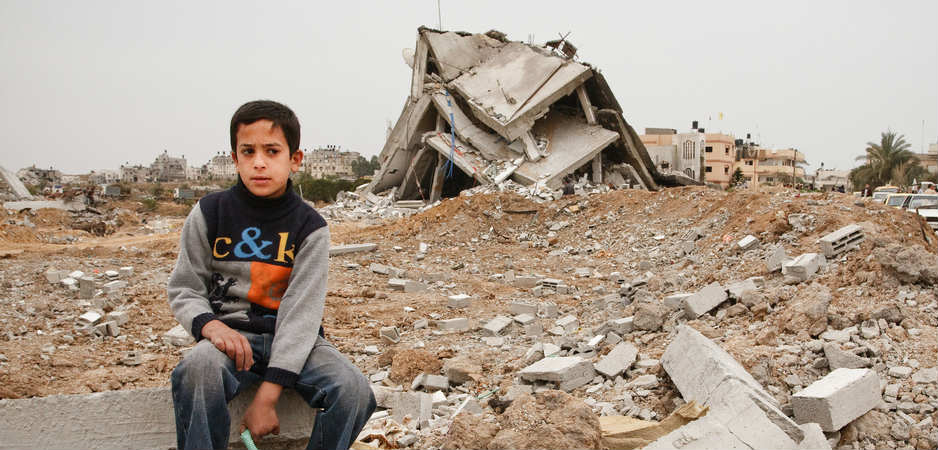
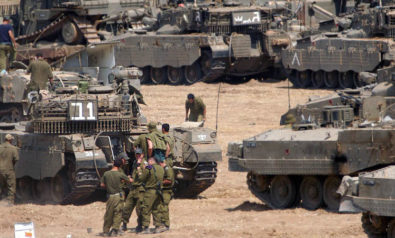
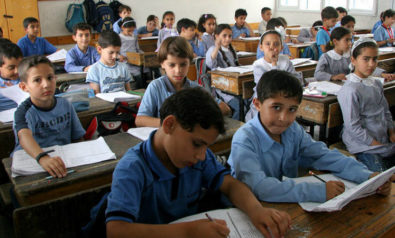

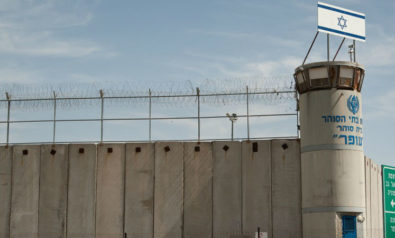

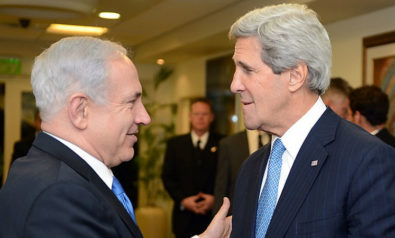


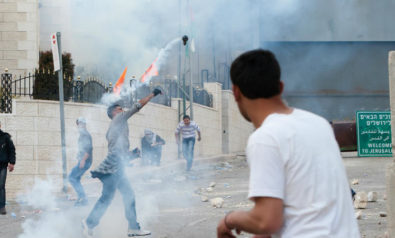
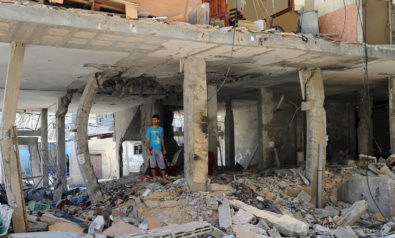
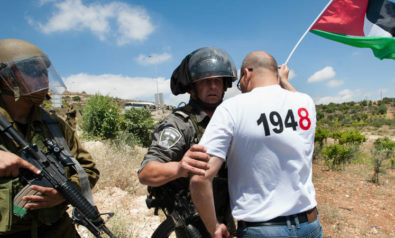
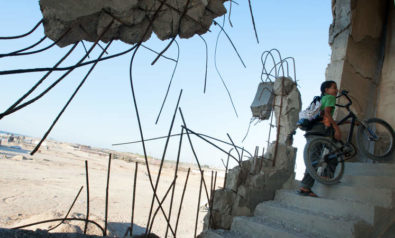

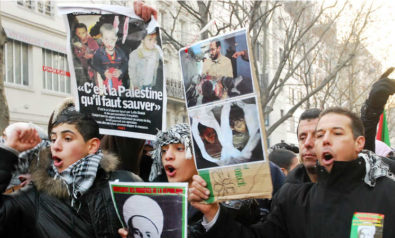



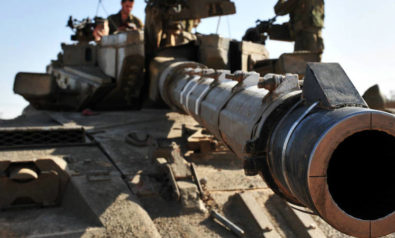
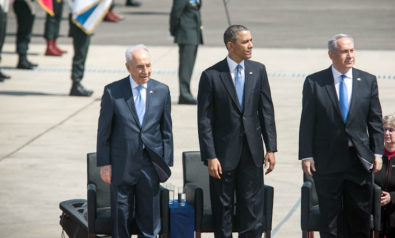
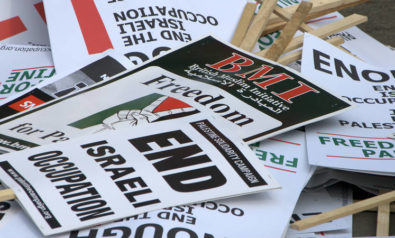
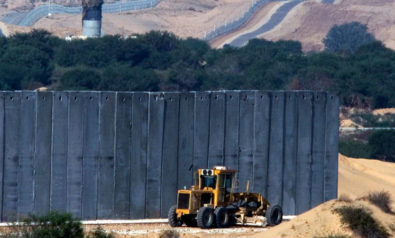
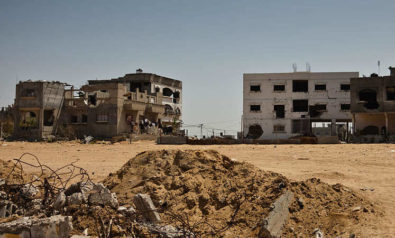

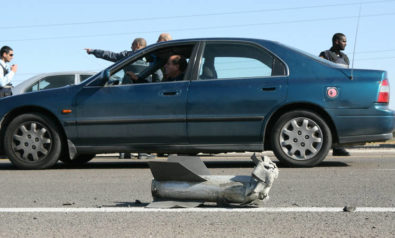
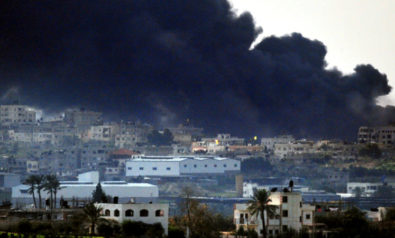
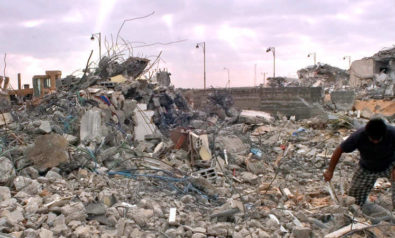
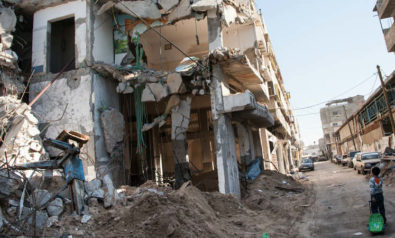


Zagros
July 24, 2014
Well written and an interesting read. Thank you for writing it, mr. Finkelstein. And thanks to Fair Observer for publishing it.